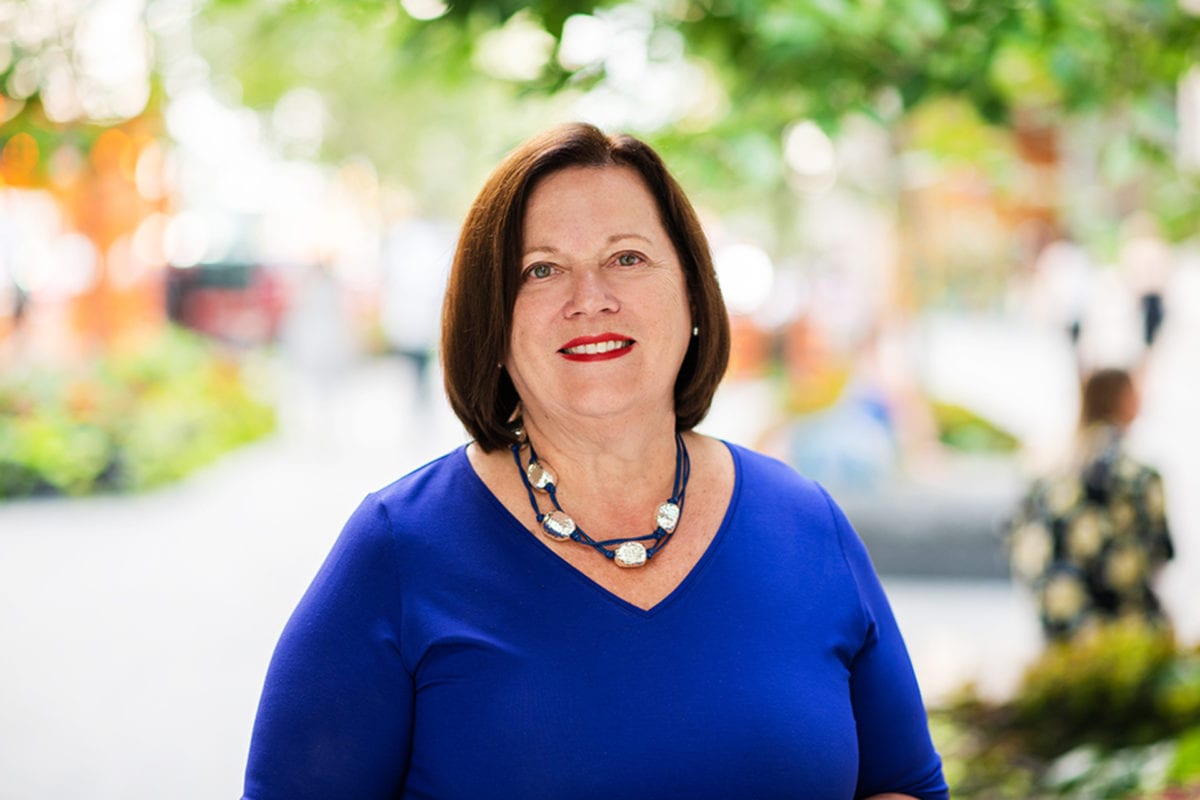Jan Kestle, Founder and President of Environics Analytics, has been a trailblazer in the marketing information industry for over four decades
Her expertise in leveraging statistics and mathematics has addressed diverse business challenges across North America and beyond.
When not spearheading analytical solutions for companies, Jan shares her insights through keynote speeches. Today, she chatted about her entrepreneurial journey and Environics Analytics’ prospects.
Could you provide an overview of environics analytics methodologies?
At Environics Analytics, we pride ourselves on our data-driven methodologies that blend cutting-edge analytics with deep domain expertise. We employ a multi-faceted approach, integrating advanced statistical modelling, machine learning algorithms, and geospatial analysis to extract actionable insights from complex datasets.
Our process begins with a comprehensive understanding of our client’s objectives, followed by meticulous data collection and thorough demographic and lifestyle analyses. By leveraging sophisticated analytical techniques, we uncover nuanced audience segments and deliver strategic recommendations tailored to our clients’ needs.
Being a finalist for the EY Entrepreneur of the Year award in 2017 must have been a significant recognition. How did you perceive this acknowledgment?
The nomination for the EY Entrepreneur of the Year award was a tremendous honour and a testament to the hard work and dedication of our entire team at Environics Analytics. It validated our commitment to innovation, excellence, and client success. To be recognized among a distinguished group of entrepreneurs was genuinely humbling and energizing. It reinforced our resolve to continue pushing boundaries and driving positive change in the industry.
What sets your company apart, and what guiding principles shape your leadership?
At Environics Analytics, our competitive advantage lies in our unwavering commitment to making people’s lives better and our clients more successful through transformative data and analytics. We prioritize integrity, innovation, and collaboration in everything we do.
Our leadership guides our customer-centric philosophy, where we place the needs and interests of our clients at the forefront of our decision-making process. We believe in fostering a culture of continuous learning, empowerment, and accountability, where every team member is encouraged to contribute their unique talents and perspectives towards achieving our collective goals.
What noteworthy advice do you have for women striving in a male dominated industry environment?
I advise aspiring female leaders to stay true to themselves and never compromise their values or principles. Embrace your unique strengths and perspectives, and don’t be afraid to assert yourself and demand the respect and recognition you deserve. Surround yourself with a supportive network of mentors, allies, and peers who can offer guidance, encouragement, and advocacy. Remember that diversity and inclusion are essential for driving innovation and success; your voice and contributions matter.
How do you foresee Environics Analytics contributing to societal progress beyond business objectives?
Environics Analytics is committed to leveraging data and analytics to drive business success and create positive social impact. By providing insights that inform policy decisions, improve public services, and address societal challenges, we aim to contribute to building healthier, more equitable communities and advancing the greater good.
Who has been a significant professional inspiration for you?
Throughout my career, I’ve learned from many inspirational leaders and mentors who have helped shape my journey. One individual who stands out is Chris Buehler, my mentor in the private sector. Chris’s unwavering commitment to customercentricity, ethical business practices, and continuous improvement has deeply influenced my approach to leadership. His mentorship and guidance have been invaluable in shaping my professional growth and development.
Where do you envision Environics Analytics in the next decade?
In the next decade, Environics Analytics will continue its growth, innovation, and impact trajectory. Our primary focus will be on harnessing emerging technologies, such as artificial intelligence, machine learning, and predictive analytics, to deliver our clients even more sophisticated and actionable insights.
Maureen Simpson | Staff Writer
cover photo via Environics Analytics




















